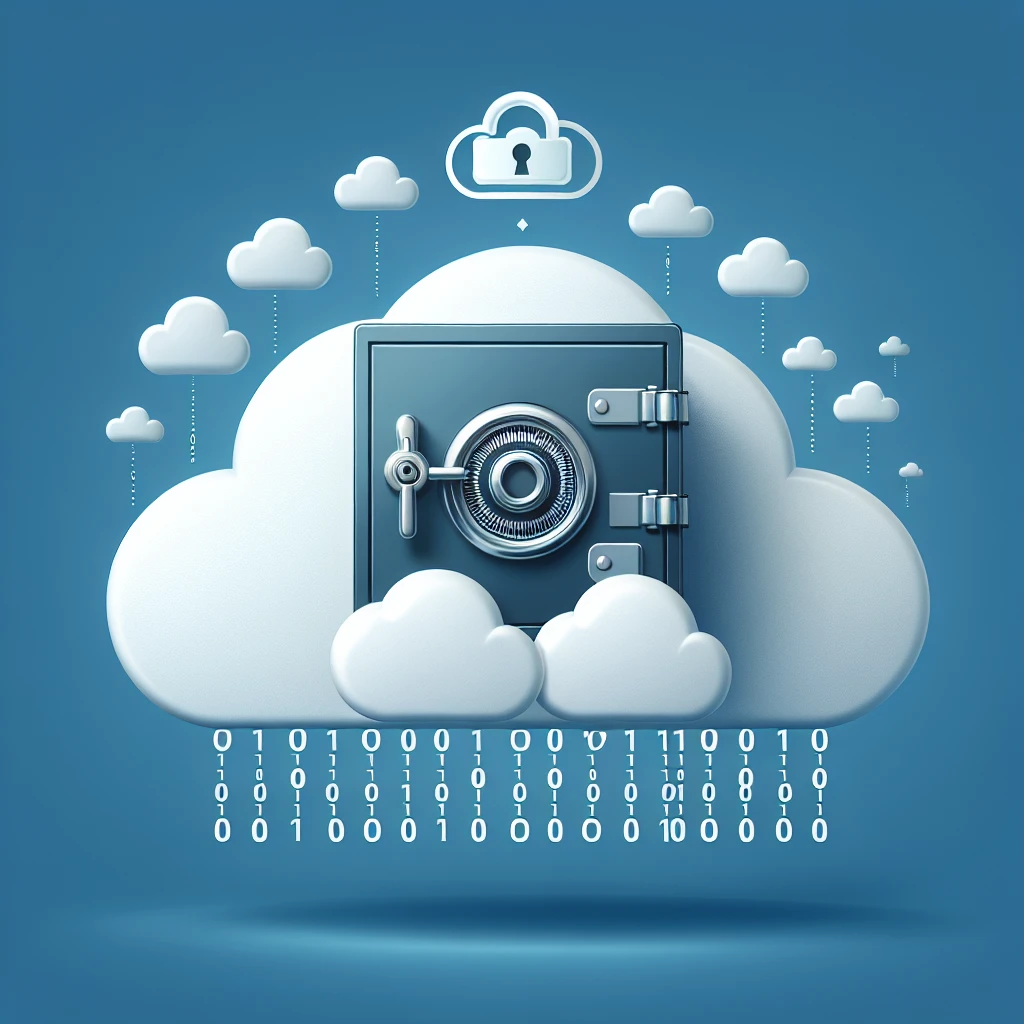WhatsApp’s Move Towards End-to-End Encrypted iCloud Backups: A Game Changer?
For years, WhatsApp users have relied on iCloud for backing up their chat history, photos, and videos. However, this reliance has always come with a degree of apprehension regarding data privacy. While WhatsApp employs end-to-end encryption for messages in transit, backups stored on iCloud were, until recently, accessible to Apple and potentially other third parties with appropriate legal authority. This is set to change with WhatsApp’s ongoing testing of end-to-end encrypted iCloud backups – a move hailed by privacy advocates as a crucial step forward.
This development isn’t just an incremental improvement; it’s a fundamental shift in how user data is protected. Imagine the implications – your most personal conversations, images, and videos, now shielded from unauthorized access, even by Apple itself. The significance of this cannot be overstated, particularly in an era marked by growing concerns about data breaches and government surveillance.
Understanding End-to-End Encryption
Before delving deeper into the specifics of WhatsApp’s new system, let’s clarify what end-to-end encryption entails. In simple terms, it means that only the sender and recipient can access the content of a message or file. Neither WhatsApp, nor Apple (in this case), nor any other third party has the ability to decrypt and read the data. The encryption key is generated and held solely by the communicating devices, ensuring complete privacy.
Think of it like a sealed letter – only the intended recipient possesses the key to open it. The postal service (representing WhatsApp or iCloud) handles the delivery but never gains access to the contents. This robust encryption method is the cornerstone of WhatsApp’s new backup strategy, promising a significant boost to user data security.
The Significance of the iCloud Integration
WhatsApp’s choice to integrate end-to-end encrypted backups with iCloud is particularly noteworthy. iCloud is a widely used cloud storage service, making this change readily accessible to a huge number of WhatsApp users. Previous solutions for encrypted backups often involved third-party apps or more complex procedures, limiting their adoption. By leveraging iCloud’s infrastructure, WhatsApp removes these barriers, ensuring that this enhanced security feature is within reach of everyone.
The integration with iCloud also simplifies the backup process. Users familiar with iCloud backups will find the transition seamless. This ease of use is a critical factor in encouraging widespread adoption of the new encrypted backup system, thereby significantly increasing the overall privacy and security of WhatsApp users globally.
Challenges and Potential Drawbacks
While this move is undoubtedly positive, it’s not without its challenges. One potential obstacle is the increased storage space required for end-to-end encrypted backups. Encryption adds overhead, meaning that backups may consume more storage than their unencrypted counterparts. This could pose a problem for users with limited iCloud storage.
Another potential concern is the added complexity involved in implementing and maintaining the encryption system. Ensuring the secure management of encryption keys and protecting against vulnerabilities is paramount. A single flaw could compromise the entire system, undermining the very security it aims to provide. WhatsApp will need to invest significant resources in ensuring the ongoing robustness and security of this new system.
The Future of WhatsApp Backups: A Speculative Outlook
Looking ahead, the success of WhatsApp’s encrypted iCloud backups will largely depend on its user adoption rate and the long-term maintenance of the system’s security. If this feature proves popular and remains secure, it could set a precedent for other messaging applications and cloud services. It could usher in a new era of enhanced data protection and user privacy across the digital landscape.
However, the journey won’t be without its hurdles. Balancing the need for enhanced security with the practical considerations of storage space and system complexity will be an ongoing challenge. The ongoing evolution of encryption techniques and the emergence of new security threats will also necessitate continuous improvements and updates to the system.
Comparing Encrypted vs. Unencrypted Backups
Let’s summarize the key differences between the existing unencrypted backups and the new end-to-end encrypted backups offered by WhatsApp:
- Encrypted Backups: Only you possess the key to access your data; neither WhatsApp nor Apple can read your backups. Provides maximum privacy but might require more storage space.
- Unencrypted Backups: Apple and WhatsApp have the potential to access your backup data under certain circumstances. Requires less storage space but compromises user privacy.
The choice is clear for users prioritizing privacy, but those with limited storage might need to carefully consider the trade-off between security and storage space.
Call to Action: Embrace Enhanced Security
WhatsApp’s testing of end-to-end encrypted iCloud backups marks a significant development in the field of data privacy. While there are potential challenges, the benefits of enhanced security far outweigh the risks. This innovation has the potential to reshape the landscape of mobile messaging and cloud storage, setting a new standard for user data protection. As the feature rolls out more widely, users are strongly encouraged to enable encrypted backups to safeguard their personal information.
The future of data security lies in prioritizing user privacy, and WhatsApp’s bold move towards end-to-end encrypted iCloud backups sets a commendable example for the industry. The ongoing testing and eventual implementation of this feature represent a critical step in securing our digital lives.
For more information on data privacy best practices, you might find the following resources helpful: Privacy Rights Clearinghouse and Electronic Frontier Foundation.

